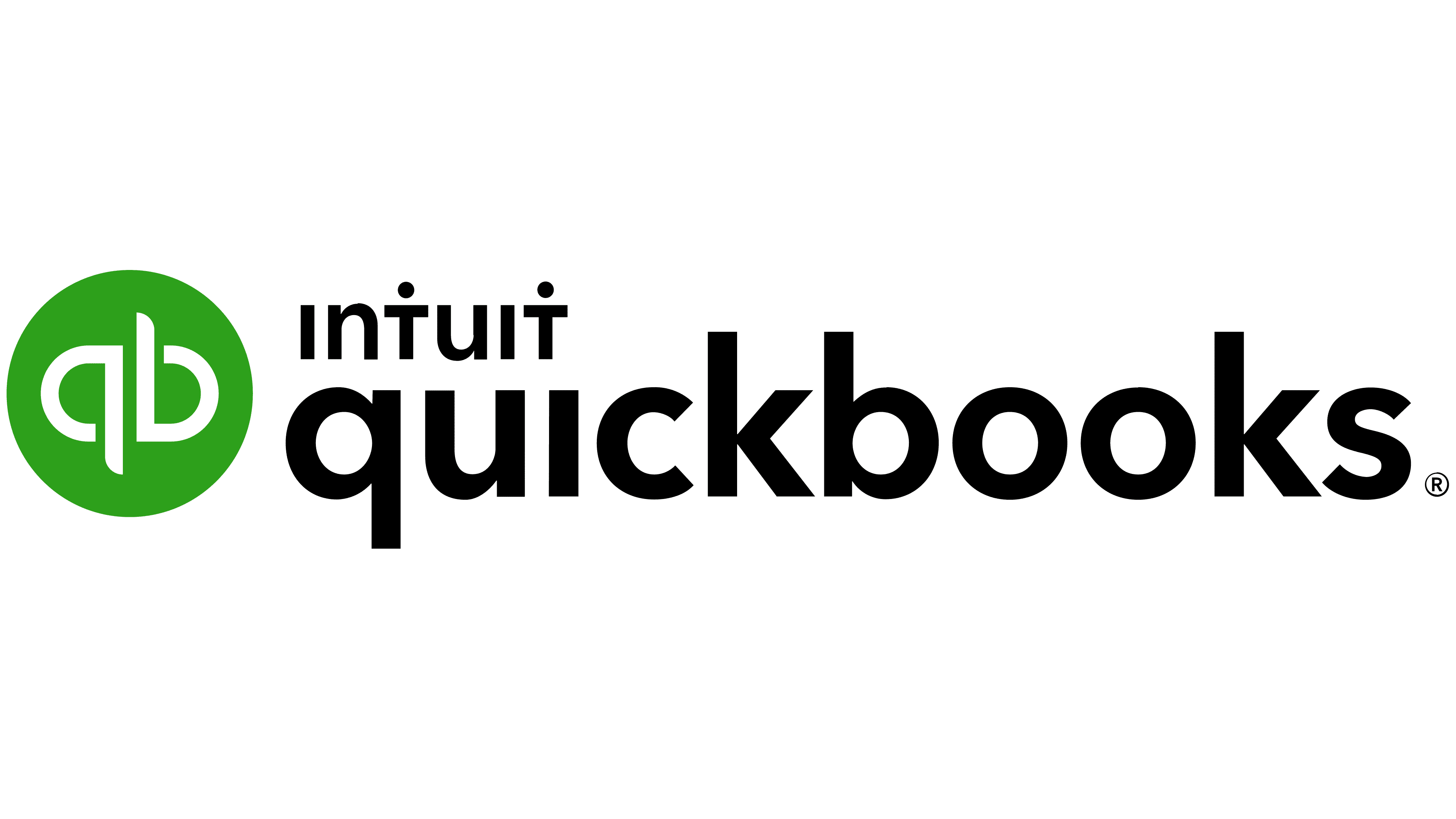To create the most in-depth content possible, marketers need to know how to effectively interview experts.
But subject matter experts (SMEs) are busy people — especially at startups. And creating content isn’t their full-time job. So when you get their time, you have to make the most of it.
I’ve worked with SMEs to create hundreds of articles over the past five years. Here are my keys to conducting subject matter expert interviews and using them to produce successful content:
- Create an outline of the article you want to write.
- Create a list of questions that aligns with that outline.
- Record the interview so you can listen and ask follow-up questions instead of scrambling to take notes.
Preparing for Subject Matter Expert Interviews
Say you want to write a search-friendly article about Technology X. You’ve identified the top-ranking articles on the topic and discovered that most contain the following sections:
- Introduction
- What Is Technology X?
- Benefits of Technology X
So you want your article to follow that same format. Now it’s time to come up with questions that elicit the responses you’ll need to fill out each section.
Questions to Ask When You Interview Experts
Let’s go through our outline above and come up with questions that align with it:
Introduction
When I start an article, I often try to hook the reader by talking about a common problem they might face and how the topic of the article could help them.
So I like to start off my subject matter expert interviews with a question like, “Today we’re going to be talking about Technology X. Can you please describe the main problem that businesses face that leads them to consider using it?”
This is also a good question because it should be pretty easy for the SME to answer, so it allows them to ease into the interview and get comfortable speaking with you.
What Is Technology X?
Here I want a really in-depth explanation of the tech. So I’ll ask, “Can you explain what it is and how it works?”, plus lots of follow-up questions based on the specific answer. It’s better to have too much information and leave some on the cutting room floor.
If you need certain information in a specific format, make it clear to the SME. For example, “what is” articles or sections of articles usually perform best when they start with one sentence that says, “[Topic] is…”.
If you can’t easily put the SME’s answer into that format, ask the same question in another way. Try, “Can you explain what Technology X is in one sentence?” or “Fill in the blank: Technology X is…”.
Benefits of Technology X
To tie this section back into the introduction, first ask, “How does Technology X help businesses solve the problem we discussed earlier?” If you’ve done a lot of research and you already know some of its other benefits, ask about those specifically. If not, go with the more open-ended question of, “What are the other benefits?” and ask appropriate follow-ups on each.
You may even end up with enough detail to write sub-sections on each benefit.
The Most Important Questions to Ask SMEs
Whenever you interview experts, make sure to end by asking these two questions:
- “Is there anything else our audience should know about the topic?”
- “What’s our company’s unique take on this topic?”
You never want to create a cookie-cutter article that says exactly the same thing in exactly the same format as every other article on the subject. These questions give you and the SME the opportunity to add additional information and different perspectives that will help your content stand out from the crowd.
Planning out your subject matter expert interviews in advance, in alignment with the content you want to produce, makes the most of their valuable time. And it makes it less of a puzzle to turn your transcript into a finished article.
If you’re a startup or growth-stage company, our marketing and communications services can help you nail your messaging and scale your content. Learn more.






































